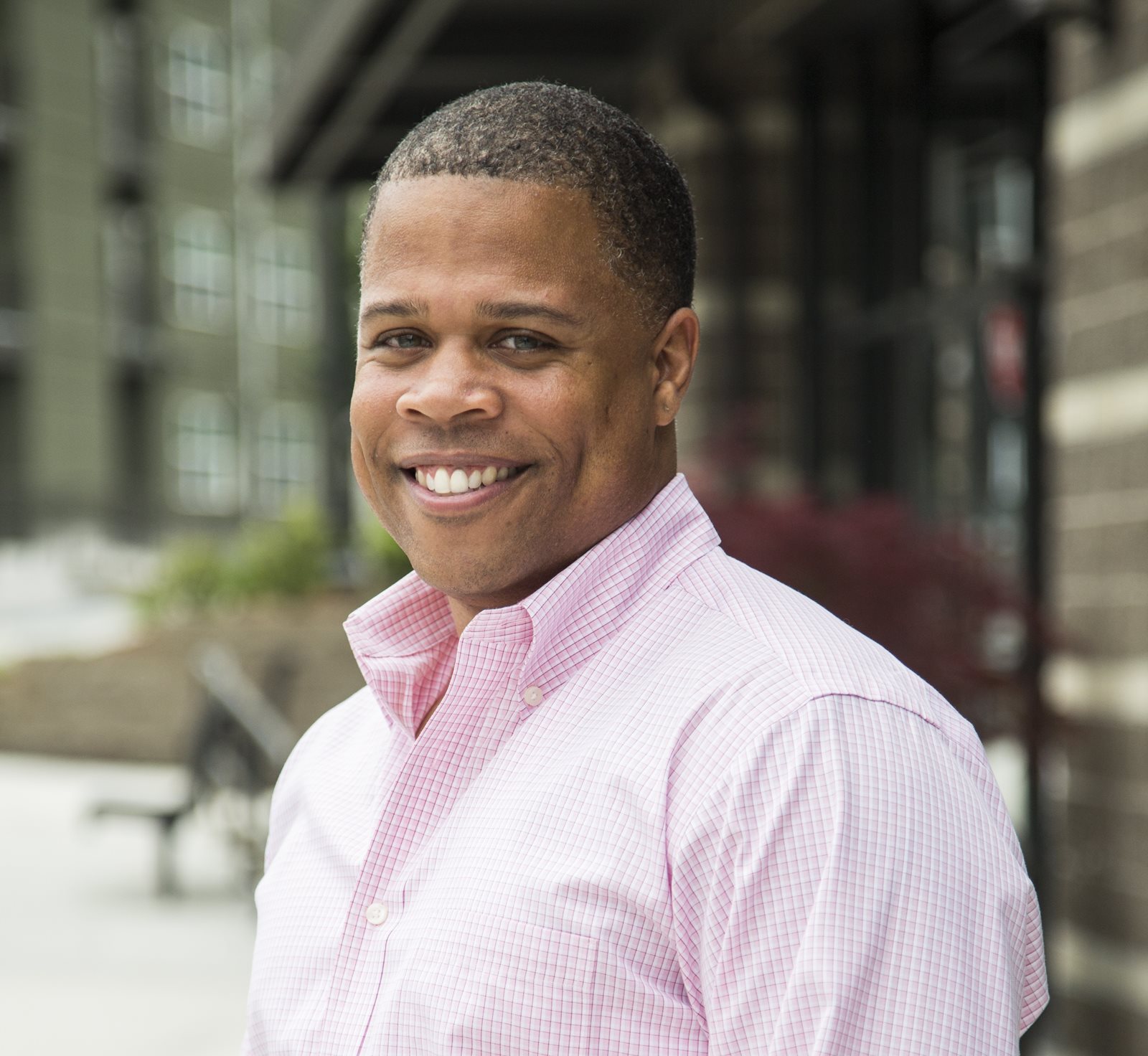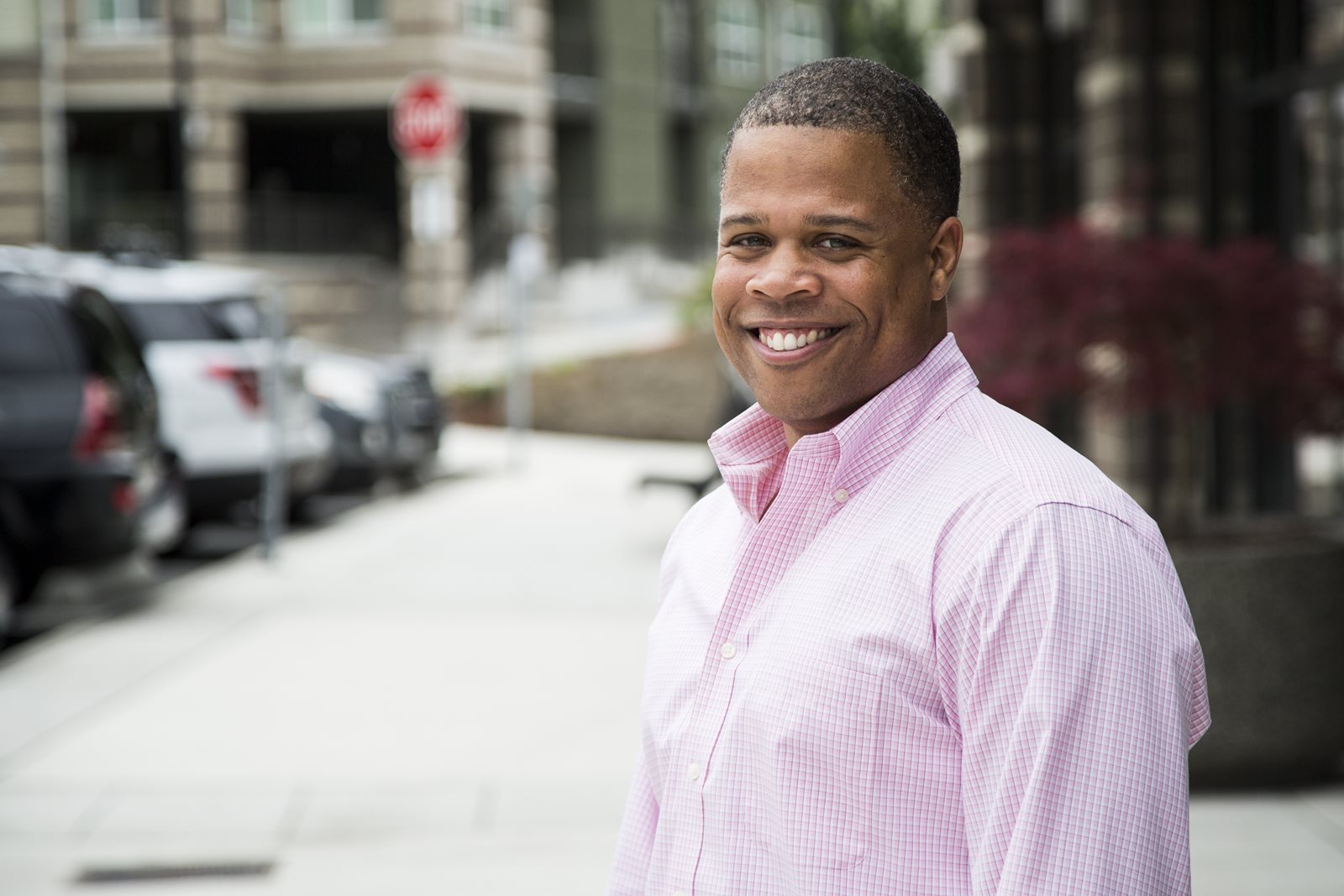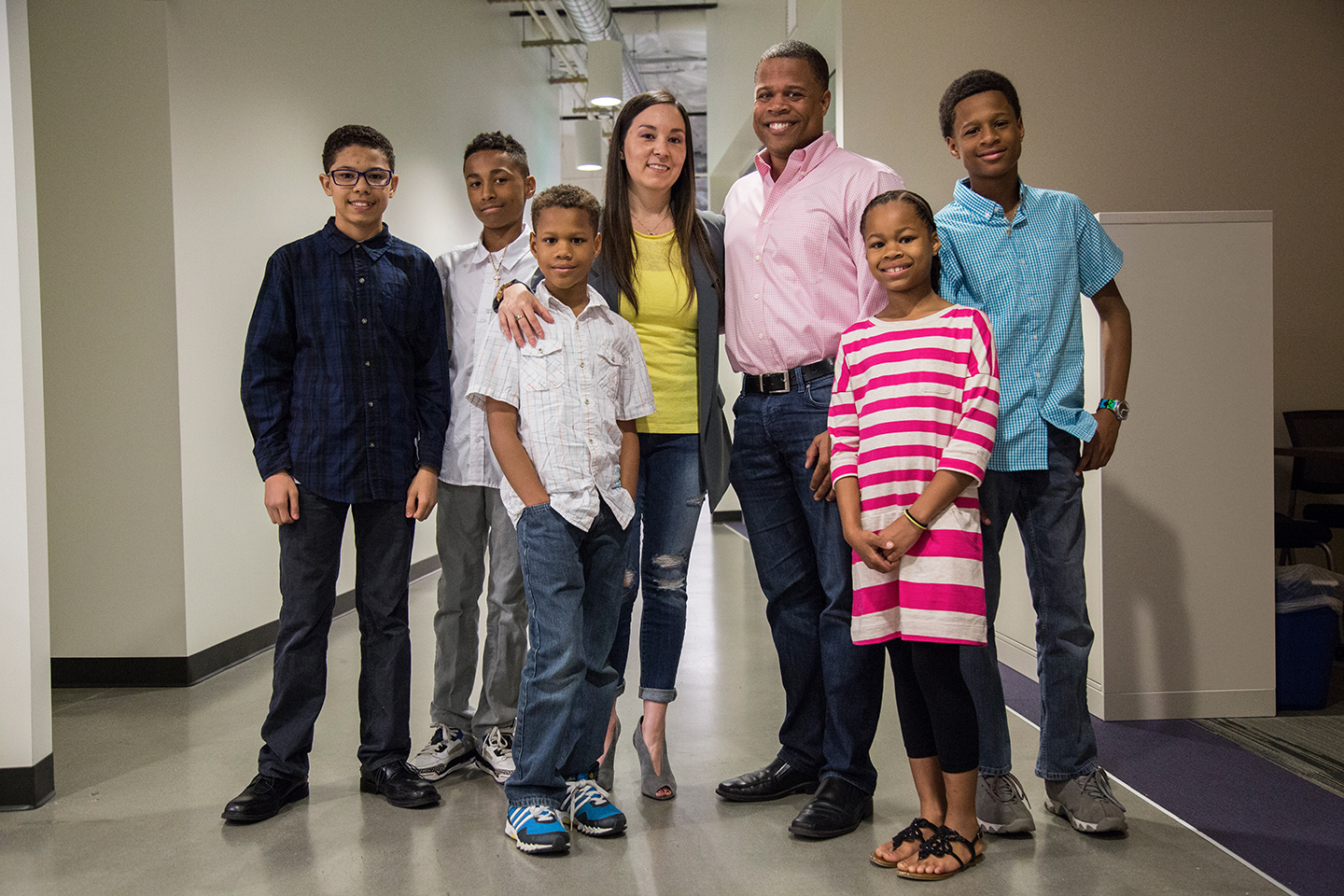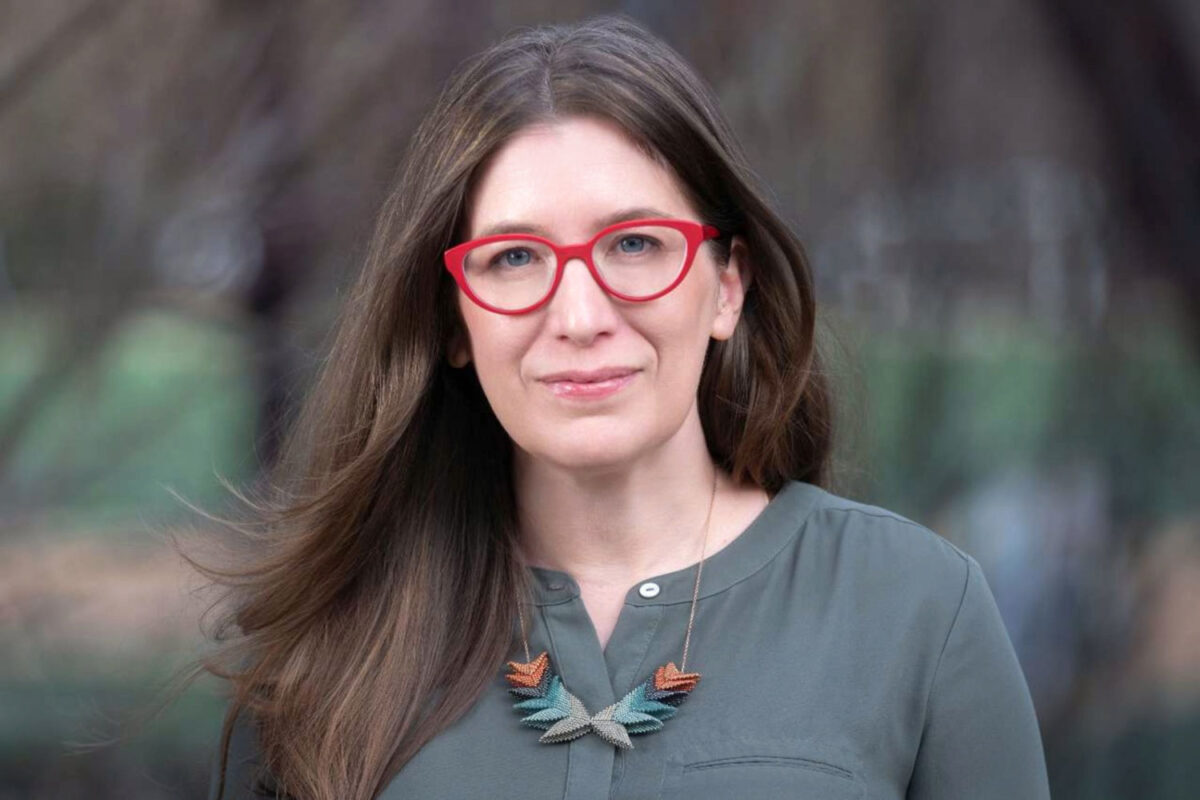
After earning his MBA at the University of Washington Bothell – balancing his many nights and weekends between his studies and his family – Natahri Felton, father of five, has the gift of time this Father’s Day.

An Xbox One principle group program manager at Microsoft, Felton first earned a bachelor’s in computer science and software engineering in 2000, when classes were conducted at a Canyon Park business park.
The Woodinville resident had tried college before and was working full time when he was attracted to UW Bothell’s night classes and the CSS program led by Bill Erdly, now associate professor in the School of Science, Technology, Engineering and Mathematics. That led to a job at Microsoft, testing software.
“Although I did not like creating software, I liked breaking it,” he said.
Over the years he found the job changing as he took on more management and administrative duties.
Learning new skills and upgrading others
“I now ran a team responsible for augmenting and supplementing that effort,” he said, working with contracts more than testing. He had learned on the job but realized he needed some formal training and returned to UW Bothell.
“It was an opportunity to get a refresh on my formal education and learn what globalization means and learn what kids coming out of school are taught,” Felton says. “It gave me perspective and also made me more marketable.“
Once again the convenience of UW Bothell night classes, taught at the Eastside Leadership Center in Bellevue and on the Bothell campus were a factor.
“I was able to work until 5:45 and be at class at 6,” he said.
The two-year MBA program upgraded his analytical abilities, broadened his perspectives, revised his understanding of diversity and gave him skills in leadership, negotiating and learning as a team.
Peers bring experience
The classes heard from CEOs or high-level individuals from local companies that gave him perspectives that were outside Microsoft, he says.
Felton also says it was valuable to go through the program with a cohort of mostly professionals with their own experiences.
“In the MBA program you learn as much from the person sitting next to you as the person in front of you teaching the class,” he said. “We have each other’s backs. And for the most part everybody pulls their own weight.”
Rethinking diversity
He found that diversity was woven into almost every class, and the idea encompasses more than race, age or gender.
“It’s a huge range of things. Companies are beginning to see that now,” he said. “The MBA forced me to look at how other companies approach it.”
“True diversity as I see it now – and I’m really proud of Microsoft; I’m really proud of Xbox and I’m proud of corporate America — because somebody has figured out that you build diverse teams because it’s the right thing to do or you do it because you can affect the bottom line or you do it for both reasons. But the fact of the matter is if you don’t do it your company is going to fall behind,” Felton said.
Diversity is “no longer this extra thing that we have to kind of bolt on at the end,” he said.
“In almost every class we talked about diversity and it had nothing to do with black versus white. It was so many other things — accessibility, transgender, it was everything.”
The value of intangibles
His favorite classes were not finance, economics or dealing with balance sheets, although they were valuable. His favorites were strategic management, advance leadership, negotiation and social responsibility.
“They teach the value of intangibles — how to work with the person sitting across the table and not just get what you want but understand what they want,” Felton said. “I learned there’s value and power in learning other people’s perspectives and what their vantage point is.”
One class he felt good about was spent largely in a Starbucks, watching customers, timing transactions and noting chokepoints. It led to a report and suggestions that Starbucks modify the way it deals with customers who order online. The presentation was welcomed by Starbucks managers.
“I felt like I was not just doing an academic report when they said, “That specific thing is a great idea, can you tell me more about that?’”
Looking back on his own experience, Felton advises prospective MBA students to be prepared to work, especially in the first year. By the second year, “You’ve learned to organize and deal with the stress in a better and more-effective way.”
Working full-time while taking MBA classes also requires a buy-in from three groups: the job, the family and friends who can expect to see less of you. Felton says he had a lot of help at home and still made it to his kids’ games or plays.
“What I sacrificed was my sleep,” he says.

(photos by Jama Abdirahman)



